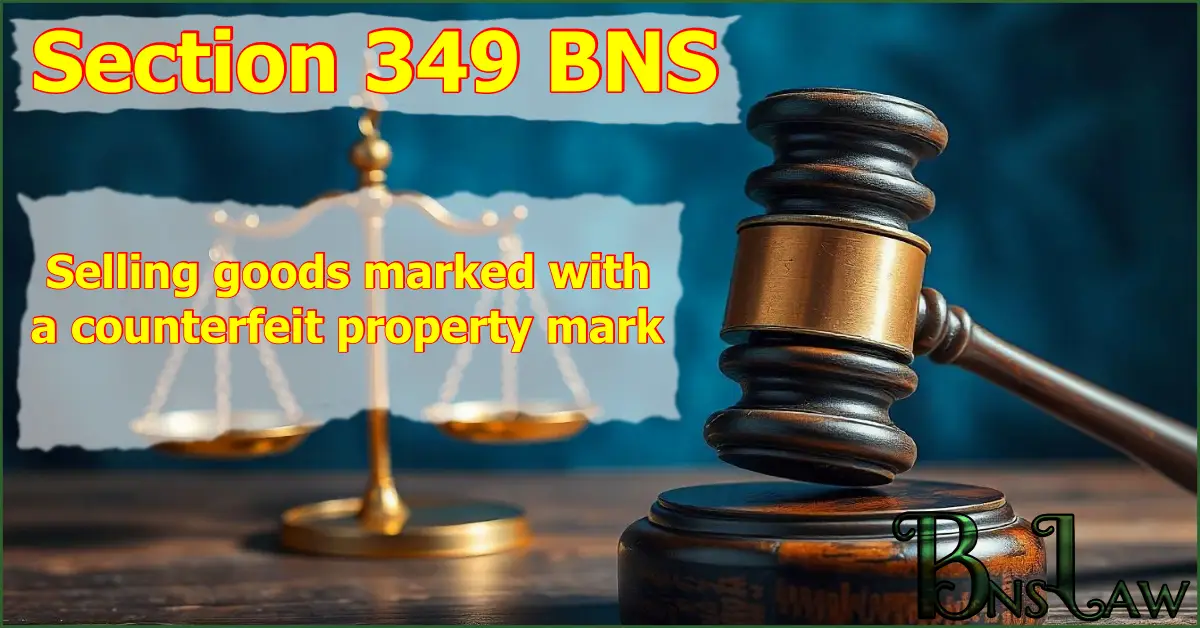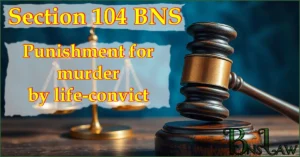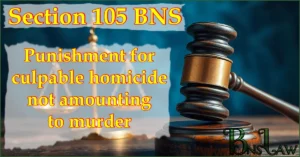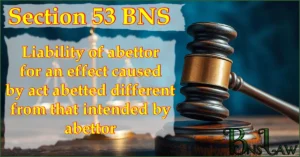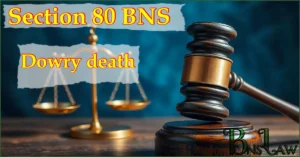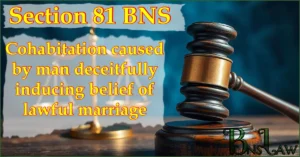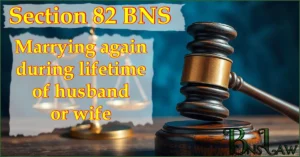Section 349 BNS | BNS 349
Whoever sells, or exposes, or has in possession for sale, any goods or things with a counterfeit property mark affixed to or impressed upon the same or to or upon any case, package or other receptacle in which such goods are contained, shall, unless he proves—
(a) that, having taken all reasonable precautions against committing an offence against this section, he had at the time of the commission of the alleged offence no reason to suspect the genuineness of the mark; and
(b) that, on demand made by or on behalf of the prosecutor, he gave all the information in his power with respect to the persons from whom he obtained such goods or things; or
(c) that otherwise he had acted innocently, be punished with imprisonment of either description for a term which may extend to one year, or with fine, or with both.
READ OTHER SECTIONS OF CHAPTER XVIII — OF OFFENCES RELATING TO DOCUMENTS AND TO PROPERTY MARKS
FAQs of BNS Section 349
-
349 BNS punishment and fine
Punishment and fine under Section 349 of the BNS: Imprisonment for 1 year, or fine, or both.
-
349 BNS cognizable or not
The offence under Section 349 of the BNS is non-cognizable.
-
349 BNS bailable or not
The offence under Section 349 of the BNS is bailable.
-
349 BNS trial court
Offence specified in Section 349 of the BNS is triable by any Magistrate.
Important Points
- Cognizable Offences: These are offences where a police officer can arrest a person without a warrant.
- Non-Cognizable Offences: These are offences where a police officer cannot arrest a person without a warrant.
- Bailable Offences: These are offences where the accused can get bail from the police station itself. All bailable offences are listed in the First Schedule of the Bharatiya Nagarik Suraksha Sanhita (BNSS).
- Non-Bailable Offences: Offences in which bail is not granted directly from the police station but after hearing the case in the court, the judge decides when bail will be granted. All non-bailable offences are listed in the first schedule of the Bharatiya Nagarik Suraksha Sanhita (BNSS).
- In the above FAQ, “trial court” means the court that has jurisdiction to try the offence.
- In the above FAQ, the expression “Magistrate of the first class” and “Any Magistrate” does not include Executive Magistrates.
Read other Sections of the BNS
Reference Link: New Criminal Laws (BNS), Ministry of Home Affairs

